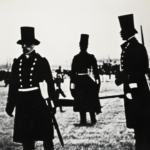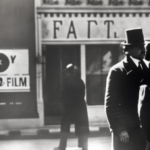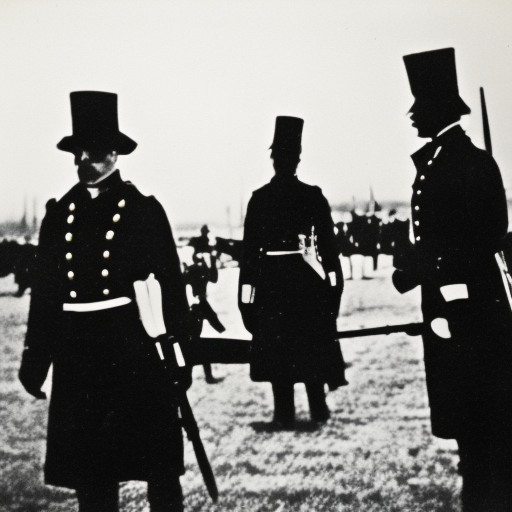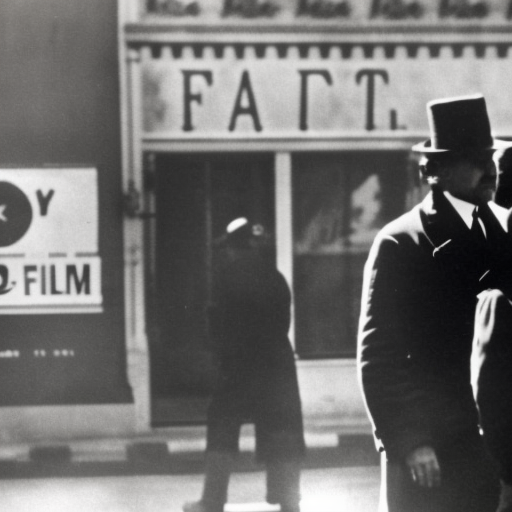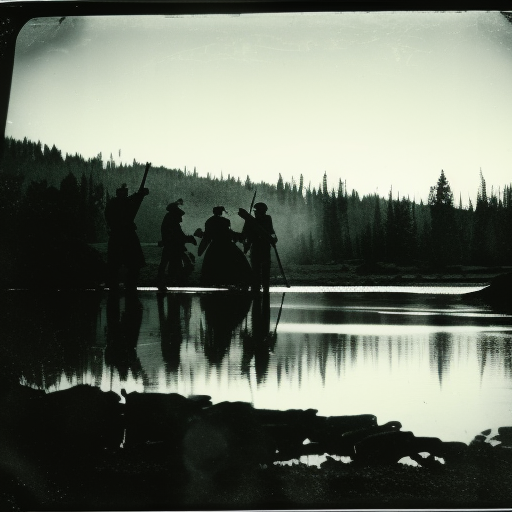The War of 1812: A Conflict Between the United States and Great Britain
The War of 1812 was a military conflict between the United States and Great Britain that lasted from 1812 to 1815. It was primarily fought over maritime issues, including British impressment of American sailors, trade restrictions, and British support for Native American tribes resisting American expansion. The war had significant consequences for both countries and helped shape the future of North America.
Causes of the War
One of the main causes of the war was British impressment, which involved the forced recruitment of American sailors into the British Navy. This practice was a major source of tension between the two nations. Additionally, the British imposed trade restrictions on the United States, which severely impacted American commerce. These issues, combined with British support for Native American resistance to American expansion, led to growing calls for war among American politicians and the public.
Early Years of the War
The war began in June 1812 when the United States declared war on Great Britain. Initially, American forces faced numerous setbacks, as they were ill-prepared and lacked a strong military. British forces, on the other hand, were experienced and well-equipped. In the early years of the war, the British successfully invaded and burned Washington, D.C., including the White House and the Capitol.
The Battle of Baltimore and the Star-Spangled Banner
One of the most famous events of the War of 1812 was the Battle of Baltimore in September 1814. British forces launched an attack on Fort McHenry, which guarded the entrance to Baltimore’s harbor. American forces, led by Major George Armistead, successfully defended the fort and repelled the British assault. This victory inspired Francis Scott Key to write a poem called “Defence of Fort M’Henry,” which later became the lyrics for the United States’ national anthem, “The Star-Spangled Banner.”
The Treaty of Ghent and the Battle of New Orleans
In December 1814, representatives from the United States and Great Britain signed the Treaty of Ghent, officially ending the war. However, news of the treaty did not reach the United States until after the Battle of New Orleans in January 1815. Led by General Andrew Jackson, American forces achieved a decisive victory over the British in this battle. Although the battle had no impact on the outcome of the war, it boosted American morale and became a symbol of American resilience.
Consequences of the War
The War of 1812 had several important consequences for both the United States and Great Britain. For the United States, the war solidified its independence from Britain and helped establish its status as a global power. It also led to a surge of nationalism and a renewed sense of American identity. In addition, the war stimulated the growth of American industry as the British blockade forced the United States to develop its own manufacturing capabilities.
For Great Britain, the war was a costly and inconclusive conflict. It diverted resources from the Napoleonic Wars in Europe and strained the British economy. The war also marked the beginning of a more amicable relationship between the United States and Great Britain, as both countries sought to avoid further conflicts and improve trade relations.
Conclusion
The War of 1812 was a significant event in the history of the United States and Great Britain. It was fought over maritime issues, including British impressment of American sailors and trade restrictions. The war had a lasting impact on both countries, solidifying American independence and stimulating American industry. It also marked the beginning of a more peaceful relationship between the United States and Great Britain.


